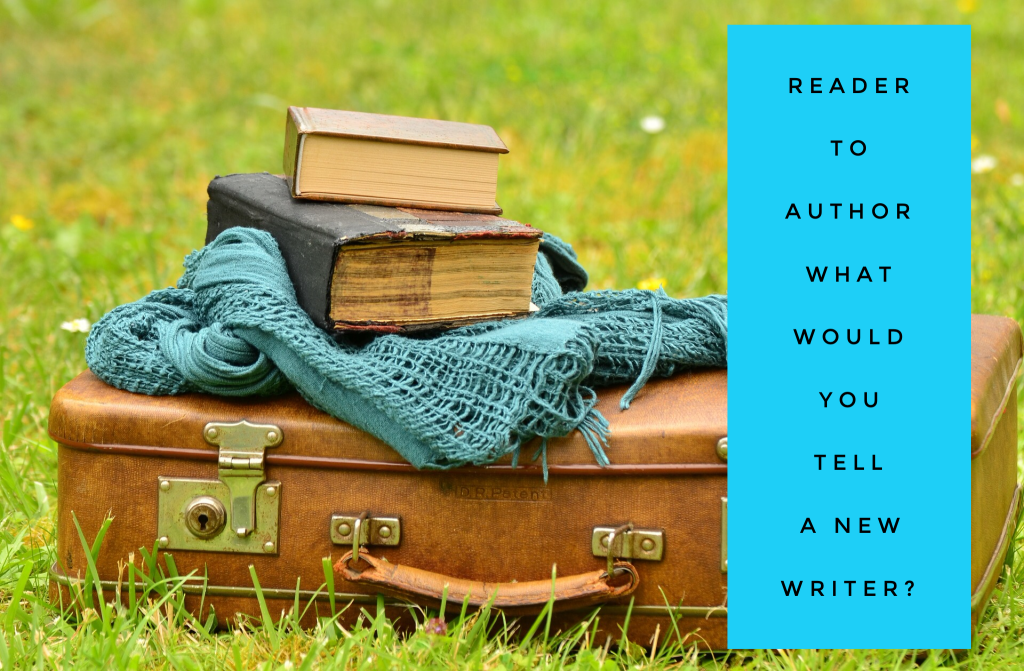Did you know that March 2nd is Dr. Seuss’s birthday? In his honor, it’s also National Read Across America Day. I remember celebrating all things reading at this time of year when I was a kid in school and it was wonderful. Now I get to enjoy the experience all over again with my kids.
I think writers can learn so much from Dr. Seuss’s example, even those of us who write in completely different genres. Here are a few things I take from his writing:
Did you know that The Cat in the Hat is only 236 words long? But it’s still a complete, imaginative story that draws readers in. Dr. Seuss was a master at picking just the right words, just the right rhythm, just the right visual to get his point across to a wide audience while remaining succinct.
This is just as important in 80,000-word novels. It can seem like a lot of space to get around to the story. But we can easily get bogged down in meandering descriptions and pointless subplots. Keep that writing tight and clean to keep your reader engaged. Take the time to make each word convey the perfect message and every scene advance the story.
Keep it simple
I love how The Cat in the Hat came to be. In response to worries over falling literacy rates in young children, Dr. Seuss was given the challenge of writing an early reader that would be more interesting for children than the ones that existed. Yes, that incredibly creative story contains only the most basic vocabulary, meant for kids just learning to read.
Beautiful prose is wonderful to read. But using big words for the sake of it can come across as trying too hard. So, go ahead, throw in that awesome, huge word you learned last week that you’re dying to use. But try not to do it in every sentence.
Keep it up
 To continue using the example of The Cat in the Hat, how long do you think it would take you to write a 236-word story for kids? A few hours? A week? Dr. Seuss thought so, too. But it ended up taking him a year and a half! I’m pretty sure I would have given up a few months in and chalked it up to a good experiment. But he persisted and the story he struggled to write helped foster a love of reading in multiple generations of children.
To continue using the example of The Cat in the Hat, how long do you think it would take you to write a 236-word story for kids? A few hours? A week? Dr. Seuss thought so, too. But it ended up taking him a year and a half! I’m pretty sure I would have given up a few months in and chalked it up to a good experiment. But he persisted and the story he struggled to write helped foster a love of reading in multiple generations of children.
Dr. Seuss’s first book, And to Think That I Saw It on Mulberry Street, received some twenty or thirty rejections before an editor friend took a chance on it. Haven’t you heard story after story like that from authors? Try to take it as an encouragement. Let it motivate you to finish another manuscript, send one more query, pitch that book again. You never know when the next time will be the one that works!
Here’s a challenge for you: take a page out of Dr. Seuss’s book and try something short. Come to the ACFW Indiana Masterpiece-in-a-Day event on March 10th, write a short story, and get a chance to be published in Spark magazine! More info in this post. RSVP right away!
Abbey Downey never expected her love for writing to turn into a career, but she’s thankful for the chance to write inspirational romance as Mollie Campbell. A life-long Midwestern girl, Abbey lives in Central Indiana, where her family has roots back to the 1840s. She couldn’t be happier spending her days putting words on paper and hanging out with her husband, two kids, and a rather enthusiastic beagle.
You can check out Abbey’s books at www.molliecampbell.com























